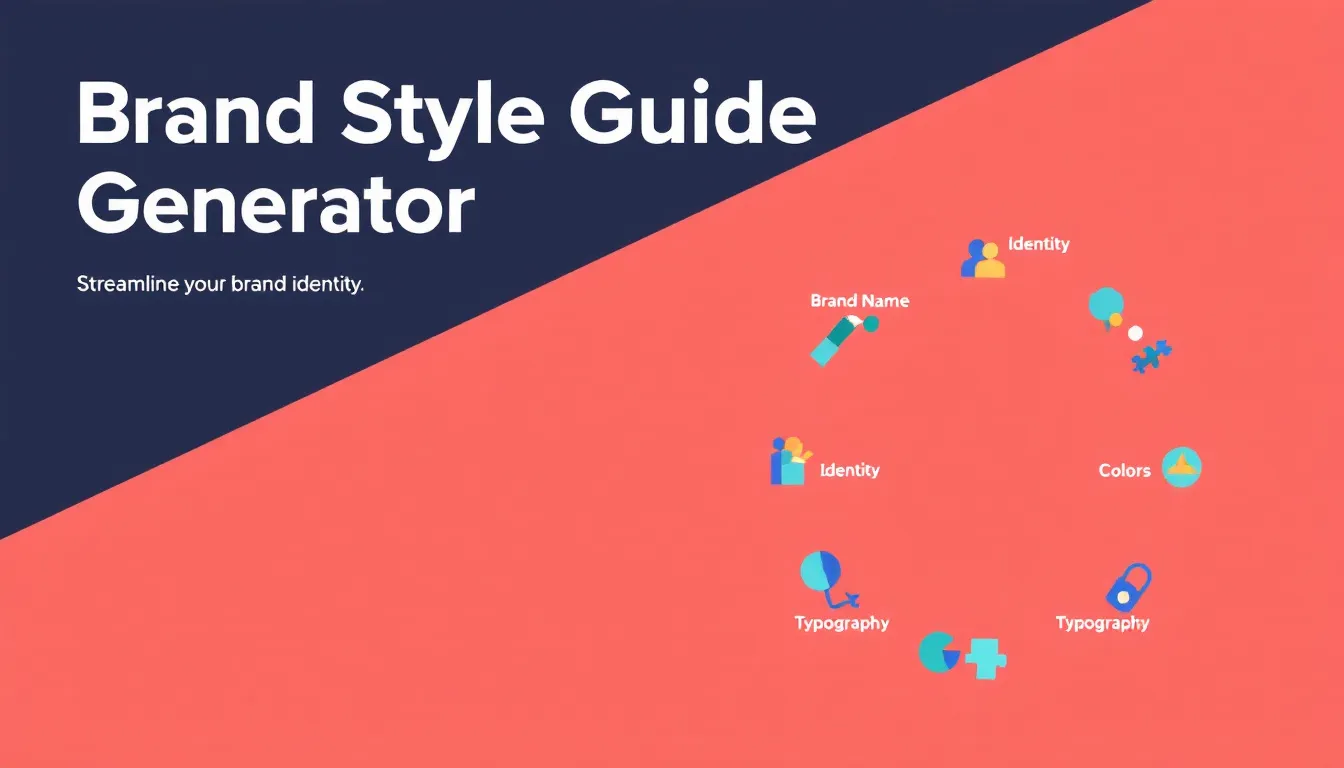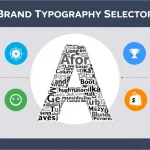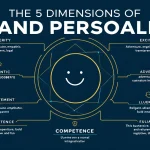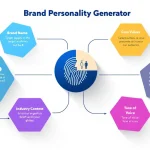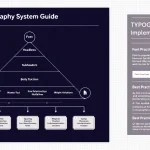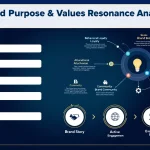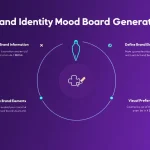Is this tool helpful?
How to Use the Brand Style Guide Generator Effectively
The Brand Style Guide Generator simplifies creating clear and consistent brand guidelines. Below is a detailed guide on each field with examples to help you complete the form accurately and efficiently.
Step-by-Step Field Instructions
-
Brand Name: Enter the official name of your company or organization.
Example inputs:
• “BrightFuture Education”
• “GreenPeak Outdoors” -
Core Brand Identity & Values: Define your brand’s mission, values, and key personality traits that shape its character.
Example inputs:
• “Accessible, empowering, and community-focused educational services for all ages”
• “Adventurous, eco-friendly, and quality-driven outdoor gear manufacturer” -
Target Audience: Describe your primary customer demographics, behavior, and preferences.
Example inputs:
• “Young professionals aged 22-32 interested in career development and online courses”
• “Outdoor enthusiasts aged 30-50, environmentally conscious with active lifestyles” -
Color Palette (Optional): List your brand’s main colors using hexadecimal codes.
Example inputs:
• “#1A73E8, #F4B400, #0F9D58”
• “#3B7A57, #9ACD32, #F2E8CF” -
Typography (Optional): Specify your brand’s primary and secondary typefaces.
Example inputs:
• “Montserrat for headings, Lora for body text”
• “Poppins for logo, Roboto for all other text” -
Brand Voice & Tone (Optional): Explain how your brand speaks and connects with its audience.
Example inputs:
• “Confident, clear, and motivational with a personal touch”
• “Warm, approachable, and informative with subtle humor”
Understanding the Brand Style Guide Generator
A brand style guide centralizes your organization’s visual and verbal identity rules. This generator transforms your input into a structured, professional document that keeps your brand consistent across all platforms and communications.
Key Elements Created by the Generator
- Visual identity guidelines including color palettes and typography
- Brand voice and messaging framework for consistent communication
- Target audience profiles to tailor your branding efforts
- Core values and brand personality descriptions
- Detailed instructions to maintain brand uniformity across channels
Benefits of Using the Brand Style Guide Generator
1. Saves Time and Resources
Instead of spending weeks creating your brand guide manually, this tool condenses the process into minutes while maintaining a high standard of professionalism.
2. Maintains Brand Consistency
The generator ensures all your branding elements align perfectly with your core identity, reducing risks of mixed messages and visual inconsistency.
3. Provides a Professional Foundation
Built on industry best practices, the tool produces a comprehensive guide covering every essential aspect of your brand’s visual and verbal presence.
4. Supports Growth and Scalability
As your business evolves, you can update or expand the guide to reflect new brand directions, making it a living document that grows with you.
Practical Applications of the Brand Style Guide Generator
Startup Branding and Identity Development
Early-stage companies can quickly generate foundational brand guidelines to establish a clear identity and unified branding strategy.
- Example: “NextGen Robotics” defines:
- Brand Identity: “Innovative, precise, and customer-centric robotics solutions”
- Target Audience: “Manufacturing firms looking for automation, engineers aged 30-55”
- Color Palette: “#004E98, #89CFF0, #D9E3F0”
- Typography: “Futura for headlines, Arial for body content”
Rebranding and Brand Refresh Projects
Brands updating their image can use this tool to redefine their style guide, ensuring the refreshed identity is applied consistently.
- Example: “OceanPure Cosmetics” updates:
- Brand Identity: “Natural, clean, and ethically sourced skincare products”
- Target Audience: “Health-conscious consumers aged 25-45, environmentally aware”
- Communication Style: “Friendly, transparent, and educational tone”
Frequently Asked Questions About the Brand Style Guide Generator
What does a strong brand identity description include?
Describe your brand’s core values, mission, vision, and defining personality traits. Include elements that make your brand stand out emotionally and functionally.
How detailed should my target audience section be?
Include demographics, psychographics, typical behaviors, and preferences. Specific details help tailor your branding efforts and messaging more effectively.
Can I update the style guide after it is generated?
Yes. The output serves as a foundational document that you can revise and expand as your brand evolves and market conditions change.
Should I list multiple color palettes?
Including primary, secondary, and accent color palettes ensures flexibility while keeping brand visuals consistent across different uses.
How can I keep my brand voice consistent?
Provide clear examples of tone, language style, and communication approach for various contexts. This clarity helps all team members and partners maintain the brand’s voice.
Which file formats should I specify for brand assets?
Recommend including digital-friendly RGB colors, print-ready CMYK formats, and scalable vector files (like SVG or AI) for logos and key visuals.
How frequently should I review my brand style guide?
Review your guide every 12 to 18 months to ensure it stays aligned with your brand’s growth and marketplace shifts.
Is this guide shareable across teams?
Yes, the generated style guide is easy to share and implement across all departments and external partners to keep everyone aligned on brand standards.
Important Disclaimer
The calculations, results, and content provided by our tools are not guaranteed to be accurate, complete, or reliable. Users are responsible for verifying and interpreting the results. Our content and tools may contain errors, biases, or inconsistencies. Do not enter personal data, sensitive information, or personally identifiable information in our web forms or tools. Such data entry violates our terms of service and may result in unauthorized disclosure to third parties. We reserve the right to save inputs and outputs from our tools for the purposes of error debugging, bias identification, and performance improvement. External companies providing AI models used in our tools may also save and process data in accordance with their own policies. By using our tools, you consent to this data collection and processing. We reserve the right to limit the usage of our tools based on current usability factors.
